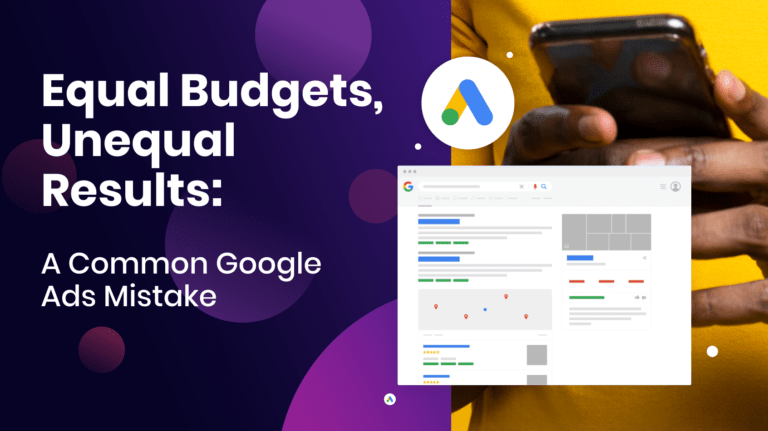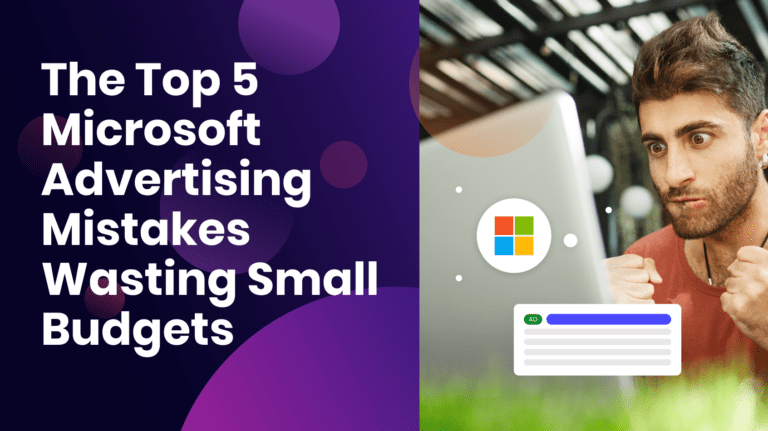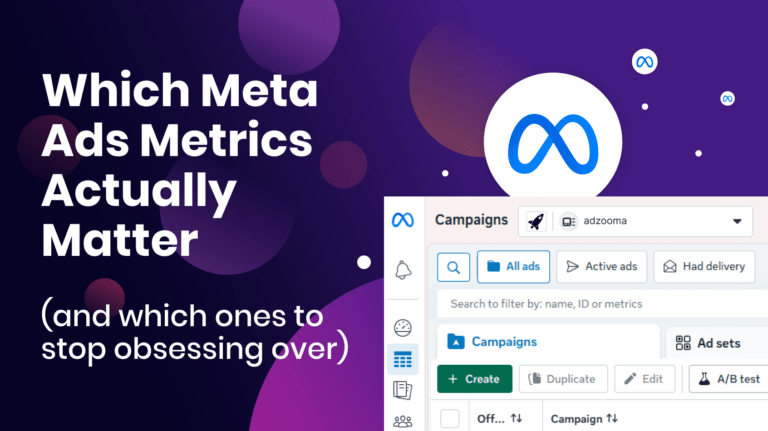TL;DR
- Asking how much Google Ads costs is like asking how long is a piece of string?
- Ranking isn’t all about the cost. It’s about relevance and quality too.
- You can save cost by bidding on less expensive keywords further down your sales funnel and by making your campaigns smarter.
- The only way to know for sure is to build your campaigns and test them.
Anyone who wants to see huge success with their business is advertising online. Quicker, cheaper, and more effective, advertising on search engines such as Google just makes sense.
If you want something, what do you do? You Google it. So, as an advertiser, you want to be where everyone is looking.
But advertising online isn’t free. There’s no set price, which gets people scared about spending. Queue today’s question…
“Dear Adzooma,
I’ve recently set up my own business online. It’s a really exciting change and now I’m ready for the next stage – online advertising.
This is the first campaign I’ve ever set up. We want everything to go great and are prepared to spend – but at the same time we don’t want to blow our entire budget on the first one. How much does it cost to run Google Ads?”
Megan
Ah, this is one question that comes up for everyone that’s looking into advertising online. So thanks for bringing this one up Megan.
Well, the short answer is… There isn’t really a short answer.
I mean, there is, it just doesn’t help anyone. It’s a bit like asking “how long is a piece of string?”
If you’ll bear with me, I’ll try to explain.
Why Online Advertising Is Different
See, online advertising isn’t like most things. It’s not like buying a computer, a car, a new hairdryer. You don’t get what you pay for. You could spend a fortune and still get something that will blow up once you plug it in.
The main difference with Google ads is that it’s not all about the money you have.
The most popular general keywords like “insurance” will cost loads and are likely to return weak leads (unless you’re the biggest insurance provider).
But if you’re bidding on “alien abduction insurance over a million”, it’s probably going to be super cheap as I doubt there would be much competition. Better still, you’ll find someone who’s actually interested (if they exist).
It really depends on what industry you’re in. If it’s a saturated market, things are going to get expensive a lot more quickly than searches with little traffic.
The good news is: you can’t just buy your way to the top of the search engine results page (or SERPs).
If you could, you’d definitely have a much harder job finding answers to the things you search for.
We’d find ourselves in a world where you search for a local mechanic to repair your heap of crap that’s died again… and the ads would be inviting you to go to a destruction derby in the USA.
Now, your car’s probably not ready for the scrap heap just yet, and if it was, it definitely wouldn’t make the drive to America. All in all: not helpful.
Relevance, user experience, budget… there’s a whole host of things that get considered when it comes to Ad Rank because Google only wants helpful information.
Basically: it’s not all about the $$$ bills.
The Funnel
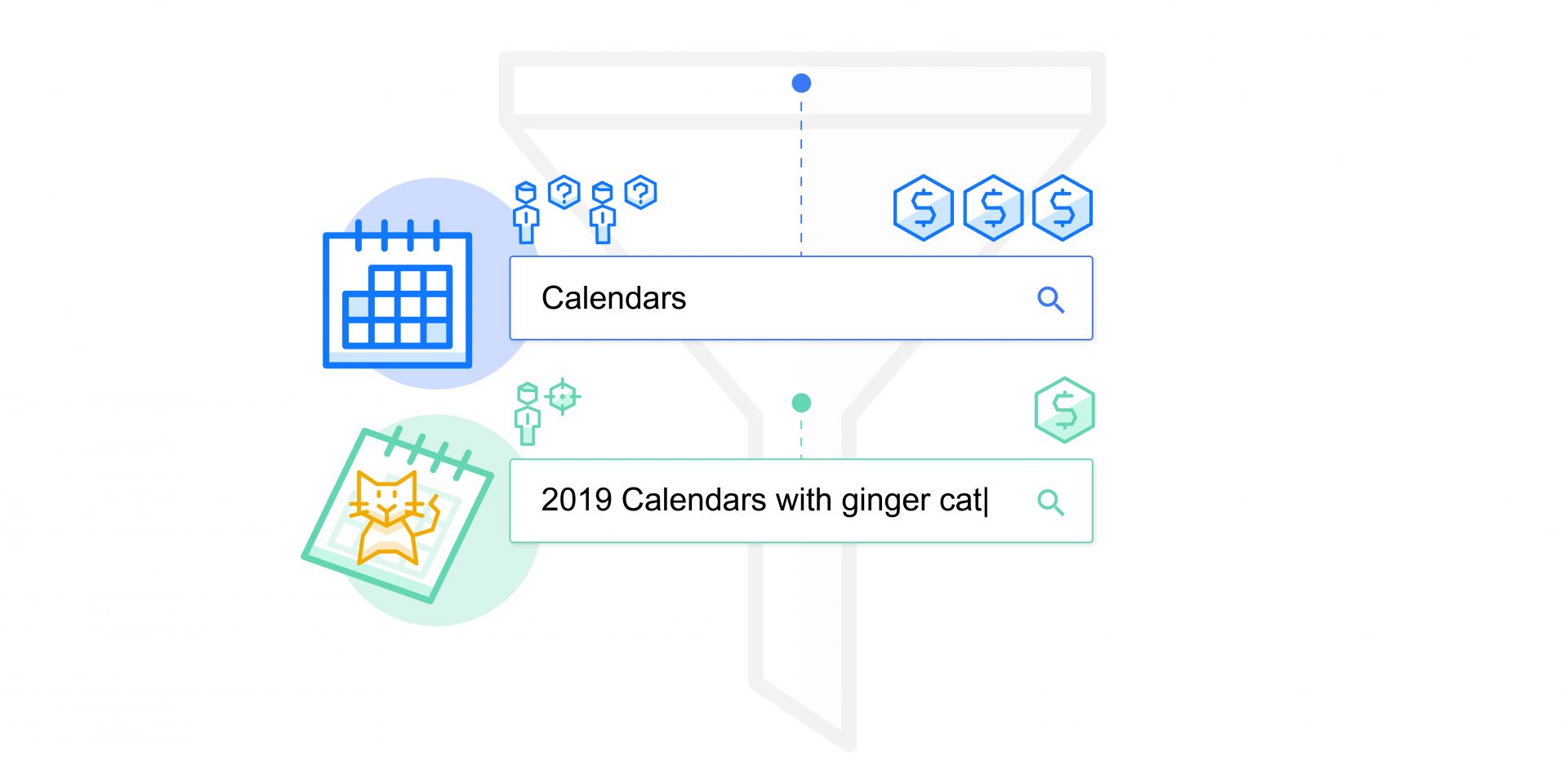
You should picture keywords as a funnel. Say someone searches for “a calendar”.
How many possibilities does that have? I’m exhausted just thinking about writing out the options.
The funnel’s wide end captures everything: generic words, vaguely related things. So, “calendar”, “cheap calendars”, “buy calendar”.
The bottom end has a narrower focus: specific phrases, longtail keywords. This is more “2019 calendar with ginger cats in jumpers”.
As you move from the top to the bottom of the funnel, you go from people who don’t know what they want to the people who do. But, the number of traffic also decreases the narrower it gets.
The further down the funnel you bid, the cheaper and more targetted things become. Obviously, you don’t want to go too far down the tunnel and have no audience, but there’s a sweet spot to find.
The headline: step away from the top of the funnel (expensive and broad), make use of your keyword match types and tighten your focus.
Get Your Head In The Game
If you’re smart and keep revising your Google ads, you’ll get a lot further.
Someone with a much smaller budget could be doing a lot better than a wealthy competitor just by understanding the game better.
Because that’s all it is really, a game.
The aim: who can get to the top.
How to play: apart from a few basic rules, it’s entirely up to you. Make it up as you go along, that’s fine. Read someone else’s tactic sheet, also fine (kind of).
But what you bid on, what campaigns you run, how they’re organised, is all up to you. You’re in total control which is one of the biggest benefits of PPC.
You won’t find a good (emphasis on the good) guide out there that will tell you exactly what you should be spending. As we’ll talk about later, if you’re doing online advertising well, then you shouldn’t have a budget at all.
Going back to the keywords, you need to work out which are profitable for you. This might surprise you, so test them.
You can use tools like Google Ads Keyword Planner, bid simulators, and a whole other host of tools to suggest what the picture should look like. There are even tools that will give you an idea of what your competitors are bidding on. That might give you an idea of what your costs could look like.
But, it’s all just guesswork until it goes live.
Only then do you see what the playing field really looks like.
Learn To Walk Before You Run
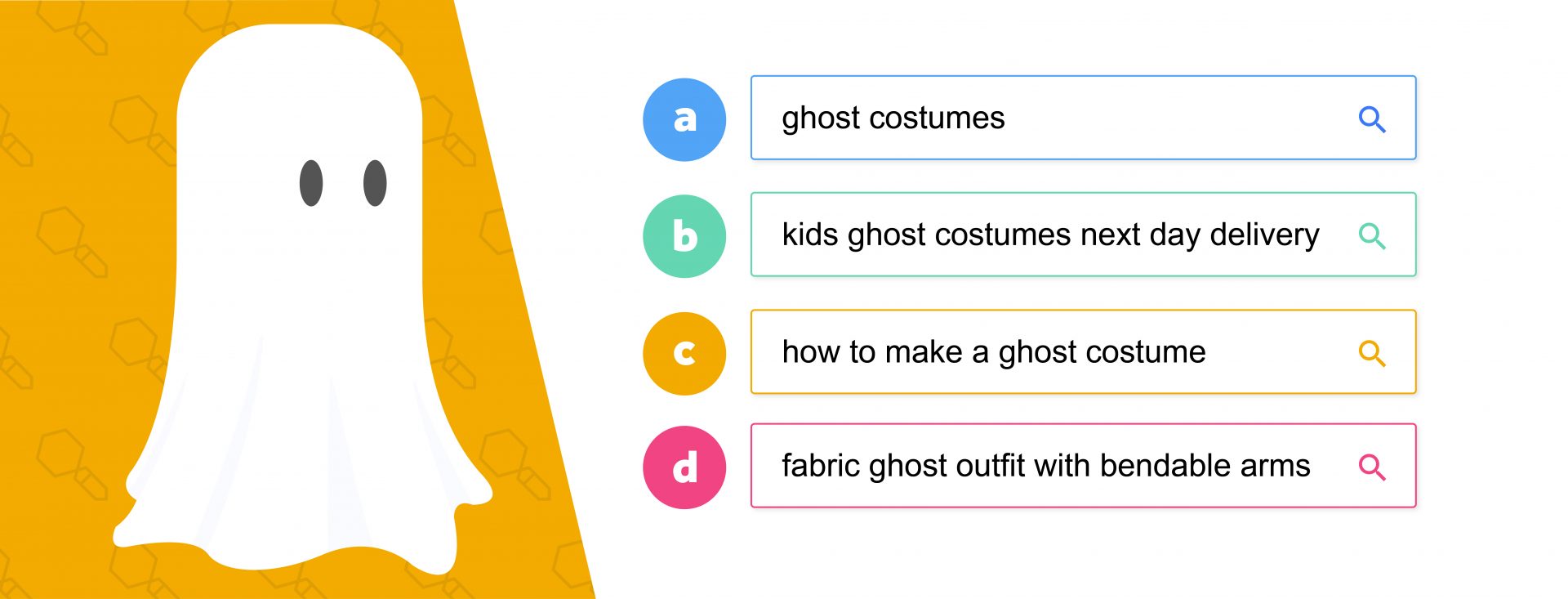
If you’re just starting out, you’re not going to smash it out the park on your first swing.
You need a test budget. This is easier to dictate: get yourself a fixed timeframe, budget and some patience.
Say you’ve got £200 to spend over a week. Start by building a campaign with different ad groups and split the budget equally across each. Then try different combinations.
On the off-chance you’re selling ghost costumes, here are some suggestions:
- “Ghost costumes” (Obviously.)
- “Kids’ ghost costumes next day delivery” (Think about who’s buying: it’s not the kids.)
- “How to make a ghost costume” (This is particularly good if you’re cheap and making one turns out to be a lot of effort.)
- “Fabric ghost outfit with bendable arms” (For those cool ghoul enthusiasts.)
The point is, mix things up with short and longtail keywords. Try different angles. This is the time to take a punt.
Then, wait. Don’t be tempted to mess with things. You need to leave it alone to get accurate results.
After your set timeframe, say a week, you’ll have enough data to know what’s cracking off. But you need to be patient and collect the data first.
The Results
Once you’ve got some numbers to work with, you can start making decisions.
- Which keywords brought the most qualified leads in?
- Which were absolutely a waste of money?
- What was too expensive?
- What was too general?
Just look at the data and use your common sense as to what is working. Don’t be afraid to test something new. The idea is that you take the budget from your underperforming ads and move it to your best ones. Then, rinse and repeat.
However, you don’t have to immediately pause an underperforming ad. Look at why it’s not working. You’ll probably learn more from that than your best ads. And knowledge is power.
Assemble Your Bandmates

Your PPC ads should be part of an overall strategy. If you expect them to be solo superstars, you’ll be booed offstage.
Think of your business as a band. Your ads can be your singers – have as many as you want. Unless they’re singing from a completely different song sheet, they’ll fit right in and harmonise.
But, it’s going to be an acoustic set if you’ve not briefed in your other members.
Your landing page is on drums: it looks after the basic beat of your business, what you’re all about, and bangs it out loud and clear.
You can have as many instruments as you think you need to sound amazing.
Just make sure you remember the most important part: your audience. If you’ve not considered your audience, you’re singing to an empty room. Pointless.
The Future
Scrap the budget. Yep, I said it.
When your Google ads are profitable, costs aren’t as important. Because you shouldn’t set a limit on making money.
Of course, you need to be mindful of your cashflow. If you don’t get money from your clients instantly, you’ll need to build things up slowly.
But once things are up and running, don’t be afraid of spending a £100 a click if it’s getting you double that in business.
You could be paying thousands for clicks, but getting much more in return. By setting an upper limit on your budget, you’ll be setting a limit on the number of customers you’ll get.
Pay attention to the lifetime value of your customer so you can really understand their value and the cost of your Google ads.
Also, take time to understand what your business can handle. You still need to be able to fulfil the needs of your business day-to-day. And if 1000 is too much for you to deal with, you need to be honest about that when setting your goals so you don’t get overwhelmed.
If after a while you’re still at the other end of the spectrum and the limited money you have is just getting wasted, change things up. Use the data you do have to inform new campaigns. Don’t keep flogging a dead horse out of sentiment. Your new horse will get you much further.
Get Testing

So there’s your long answer…
Basically, the cost varies massively from industry to industry how much clicks will cost you. But the funnel analogy works across everything and highlights why it’s worth testing different combinations to find that sweet spot.
It’s not a question of how much money you have, but how you respond to the results you get.
Collect the data: it’s the only way to know what’s going on.
All the best,
Katherine.

